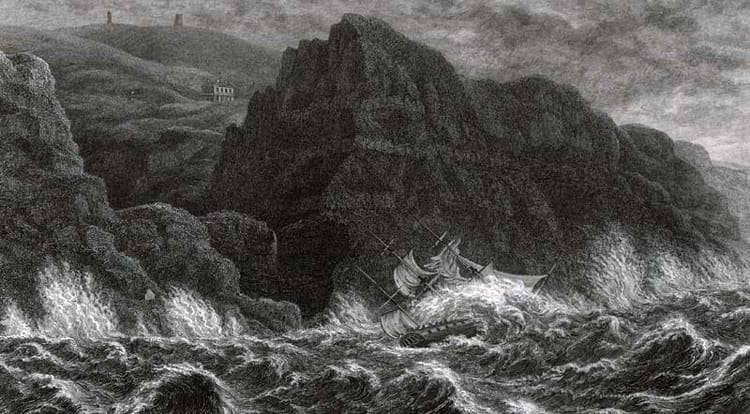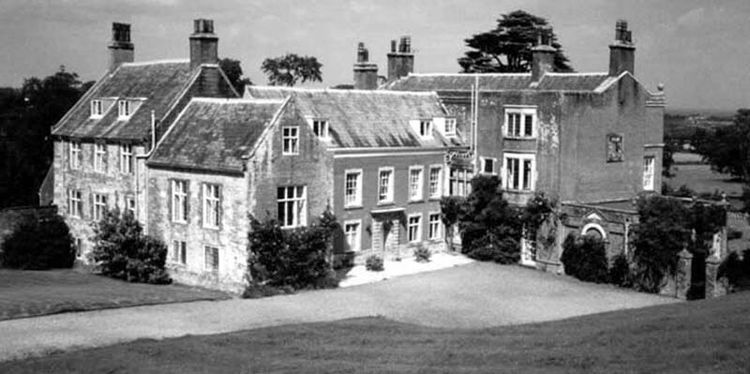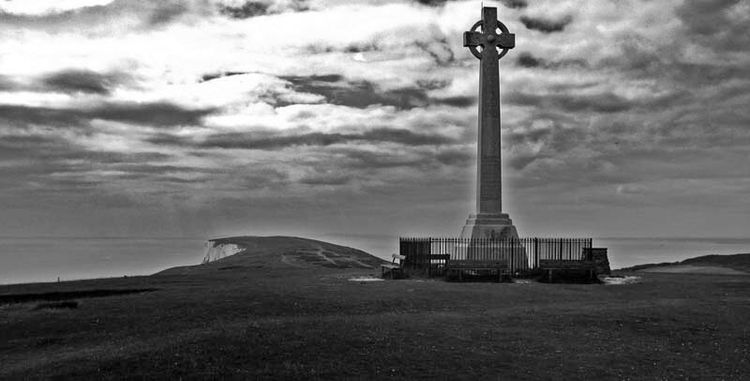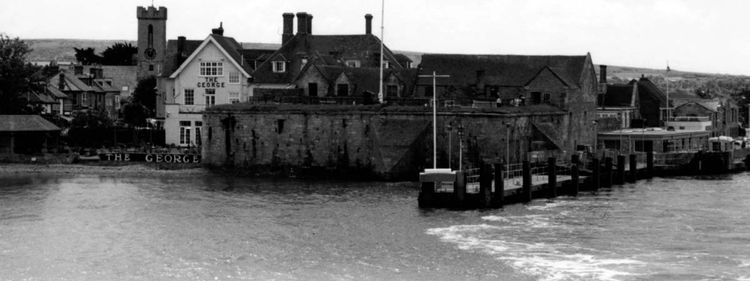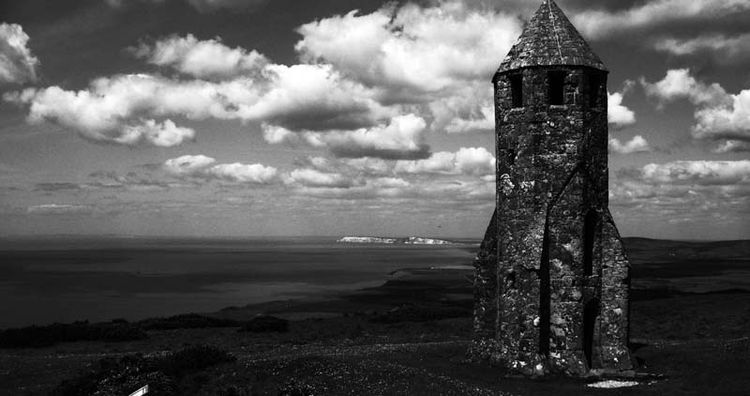Dimbola Lodge, Ghosts of the Isle of Wight, with Margo Williams
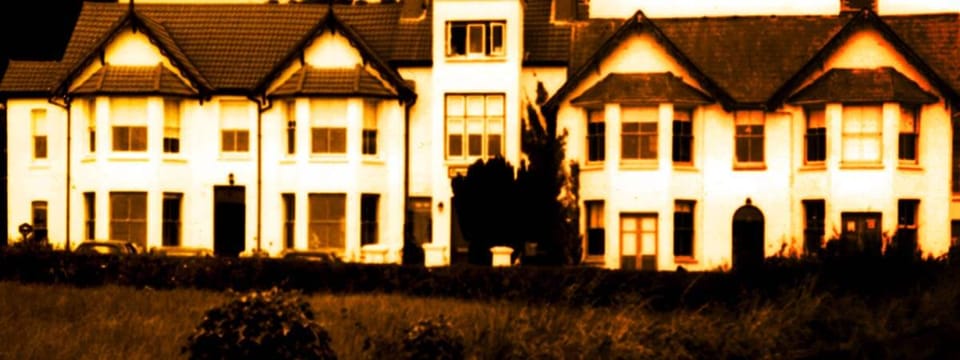
The Chemical Sister. Julia Margaret Cameron
Dimbola Lodge houses a permanent exhibition of Victorian pioneer portrait photographer Julia Margaret Cameron’s work; and continues to be a world-class inspirational centre for the arts.
Internationally eminent artists and creative thinkers come to present talks and exhibit works; for Dimbola is one of the island’s greatest art venues.
However, some of sensitive disposition smell unearthly chemical vapours and wonder if it is Mrs Cameron busy mixing silver nitrate and acetic acid; unimpressed by the easy immediacy of our digital age.
Others who attended on occasion claim to smell more ‘earthy’ unearthly odours of putrefaction.
However, this particular unpleasantness had nothing to do with Mrs Cameron though perhaps it caused a chuckle from time to time.
During a visit to Dimbola I found the person responsible for that mysteriously foul odour haunting an upstairs room.

Julia Margaret Cameron Profile
Born in midsummer of 1815 in Calcutta, India, Julia Margaret Cameron was the third of seven daughters of high-ranking, hard-drinking Scottish civil servant James Prattle and his aristocratic French wife, whose family had served in the court of French King Louis 16th.
In 1838 in India she married the aristocratic Charles, twenty years her senior. She was his second wife.
Mrs Watts, wife of Victorian artist G.F. described Mrs Cameron so:
‘To all who knew her she was a unique figure, baffling all description. She doubled the generosity of the most generous of the sisters, and the impulsiveness of the most impulsive. If they were enthusiastic, she was so twice over; if they were persuasive, she was invincible.
If she had little of the beauty of her sisters, she certainly had remarkably fine eyes that flashed like her sayings, or grew soft and tender if she was moved.’
Victorian letters remembered Dimbola Lodge, sun-drenched garlanded to its roof with roses. Mrs Cameron planted primroses and sweet briar, and raised a tower so Dimbola would look beautiful to her friends as they walked up from the bay.
Even nature conspired to create an archway in the water that she might enjoy in the years ahead.
Some villagers say she was as much the genius of Freshwater as neighbour and internationally-famous poet Alfred Lord Tennyson, and doubtless he would agree.
She invited, enticed and kidnapped his famous visitors to Dimbola where she posed them as characters in his poems, or anything else that took her fancy; then subjected them to the mysterious processes of photography.
Her friends said she loved everything beautiful; others called her eccentric, though that probably did not trouble the indomitable Mrs C.
A Ghost of Dimbola Lodge
The ghost responsible for the ill-smelling vapours found haunting Dimbola Lodge did not provide a name. Her haunting seemed harsh penalty to pay for playing a joke with a decomposing cat, but her admission to being a spiteful woman who did “many wrong things” suggests other reasons for remaining in her post as a ghost.
Ready with blank paper and freshly sharpened pencil, I felt the ghost come close.
“...How funny! They smell the odour of a dead cat I had put in the place to annoy a certain lady who stayed here,” she confessed.
“It was a friend of Mrs Cameron who had been so rude to me. I know I was only a local woman who came in to clean. There was a maid who lived in and cooked, but I was just a char. I did not like being treated so badly by this guest. I found the cat laying dead in the road, coming to work. I hid it in the hedge."
She paused thoughtful, chuckled again.
"Two days later I wrapped it in a piece of cloth. Placed it under the chest of drawers in her room, just enough space. It caused such a smell! The next day the lady left. Mrs Cameron seemed pleased she had gone.
I was a spiteful woman and did many wrong things. Have come back here, find I am trapped. The smell lingers from time to time. Others smell it, just as I. Now I can go on, hoping the smell goes soon. Should not have done this; the weather was hot. Thank you, madam for listening.”
Alfred Lord Tennyson shared his opinions on life and death: “There’s something that watches over us, and our individuality endures,” he said.
The ghostly char might add, and those who smelled the consequence of her actions, the fragrances with which it was associated can also stick around for a while, too.
Cats, Cause and Consequence
Unfortunately for Alfred, the Camerons did not. The people of Freshwater gathered to watch the couple take their leave of the island in 1875.
On the quay-side as her belongings were carried aboard she handed out her framed photographs in place of cash to tip the porters.
“Take these instead as a remembrance,” she said before the ship sailed away and the couple voyaged to distant Ceylon, where she died four years later.
Cause and consequence, so much seems to be in the balance. Things can go one way or another and who knows what chain of causality might have made things different?
What if the cat had not died that hot day, but instead cut across the shady field rather than the road? Would the unpleasant guest have stayed longer? Could she have persuaded Julia Margaret’s husband Charles Hay to stay rather than return to Ceylon?
And what if the force binding atoms together in the cat was turned a tad more; or the gravity that caused the cat to drop on the roadside was even a fraction less?
There would be no cat; no road; no char; no Mrs Cameron; no Alfred. There would be no sun to light their day; no moon by which to roll his lawns.
The laws of nature are so finely tuned, so perfectly adjusted to the tiniest fraction to make possible life as we know it, and not just for a Freshwater char to pick up a dead cat from the road and find space under a wardrobe.
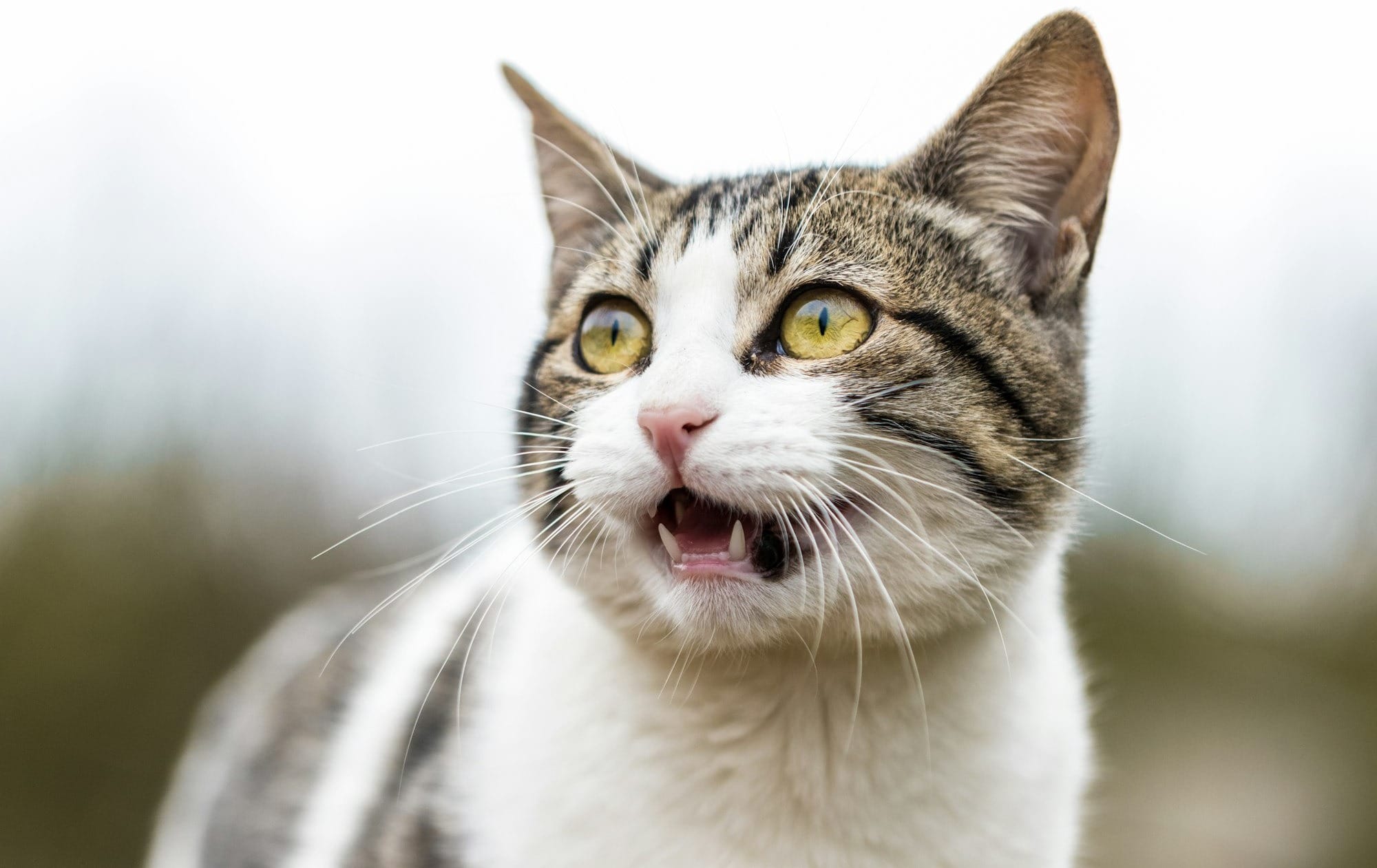
Dead Cat Universe
The cat might not be so philosophical about its fate, but life for us all is a miracle of improbable cause and seemingly impossible consequence since the Big Bang.
Not only did everything get here, somehow, but it got here and fits so amazingly well many people wonder if someone hadn’t put it together, deliberately.
But no.
It is not chance or luck, and especially not design.
It is inevitable, so science reminds us; for ours is but one of an infinite number of universes. The one in which there is just the right tight balance of ingredients to allow a cat rather than a chicken to cross the road at the wrong time at the wrong place.
In another universe it is still alive. In another the Camerons did not leave; in another Ann Oglander was persuaded to stay in Nunwell House; in another her home was demolished by architect Nash.
In another Maurice Bocland married Martha and Knighton Gorges is still in place; Yarmouth church received a nice Gothic tower; Rossetti is Prime Minister and the captain of the Clarendon got to safe harbour before the storm off Blackgang Chine.
Sweet Smell of Success
It may or may not be a comforting thought that in this universe some people are famous and some people are forgotten; but on this logic there is at least one universe out there in which each of us is famous, fifteen minutes more or less.
And also inevitably there will be another in which Mrs Cameron is there ready with camera to capture your character as she did so brilliantly in this one.
The people of Freshwater did collect her photographs and today the Dimbola Lodge Museum exhibits Cameron’s work. Among which is an image of actress Ellen Terry, when young.
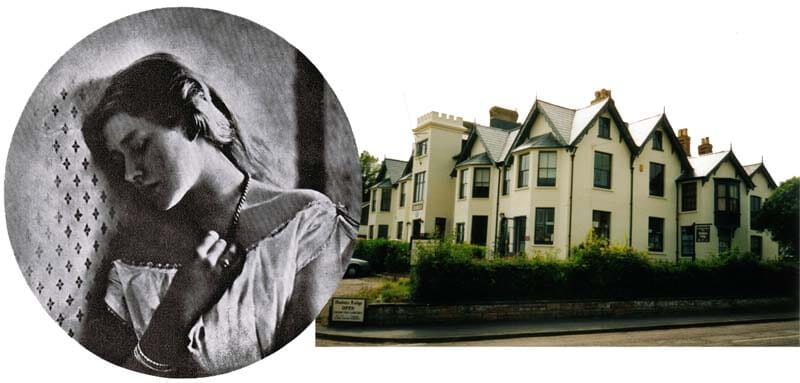
THE NEXT GHOST did not share her name, so it is impossible to verify if this is Ellen Terry but whoever she was, she did confirm that the great pioneer of portrait photography returned to her residence, and even has company out on the downs.
When she spoke to me in the garden I smelled a waft of fragrant perfume.
“...Dear Mrs Cameron, she took such pains to pose me in the way she thought suitable for my picture,” said the sweet-smelling ghost. “I argued. I wanted it my way. She wanted it quite different. She was right of course.
I was a famous actress, came here to stay, a place of great beauty. We walked the downs together and became good friends, a wonderful lady. I said I would always remember her kindly, yet alas, I spoke of her in a way that was rude and unkind.”
The ghost sighed.
“When I was dying I felt I wished to see her again. Later, I came back as knew she had not gone on, but roamed the downs with Alfred Tennyson.
I meet her sometimes, in my spiritual body. This has made me happy. But I am now prepared to continue along the path of silver, towards the gold.
It is then I deserve applause.”
Golden Years
During the golden years of Tennyson and Cameron's residency the people of west Wight experienced the presence of so many famous people, normally so distant and so stellar; it was as if the Gods had passed through Freshwater Gate to walk upon the Isle of Wight.
And perhaps that was where and when things all changed.
While the great and good harred and hmmed in contemplation of faith in crisis, at the great meeting of minds at Farringford, they had no idea something unexpected was happening in the minds of ordinary mortal men and women.
They had no idea how their very presence set into motion a whole new challenge to religious faith that within one hundred and fifty years would be just as pervasive as the consequence of industry:
The cult of celebrity.
Thank you for your company on this short tour of Isle of Wight mysteries and haunting. If you would like to know more about Margo Williams' investigations in Freshwater and other famous and forgotten souls, read this book. Now available from Amazon.

